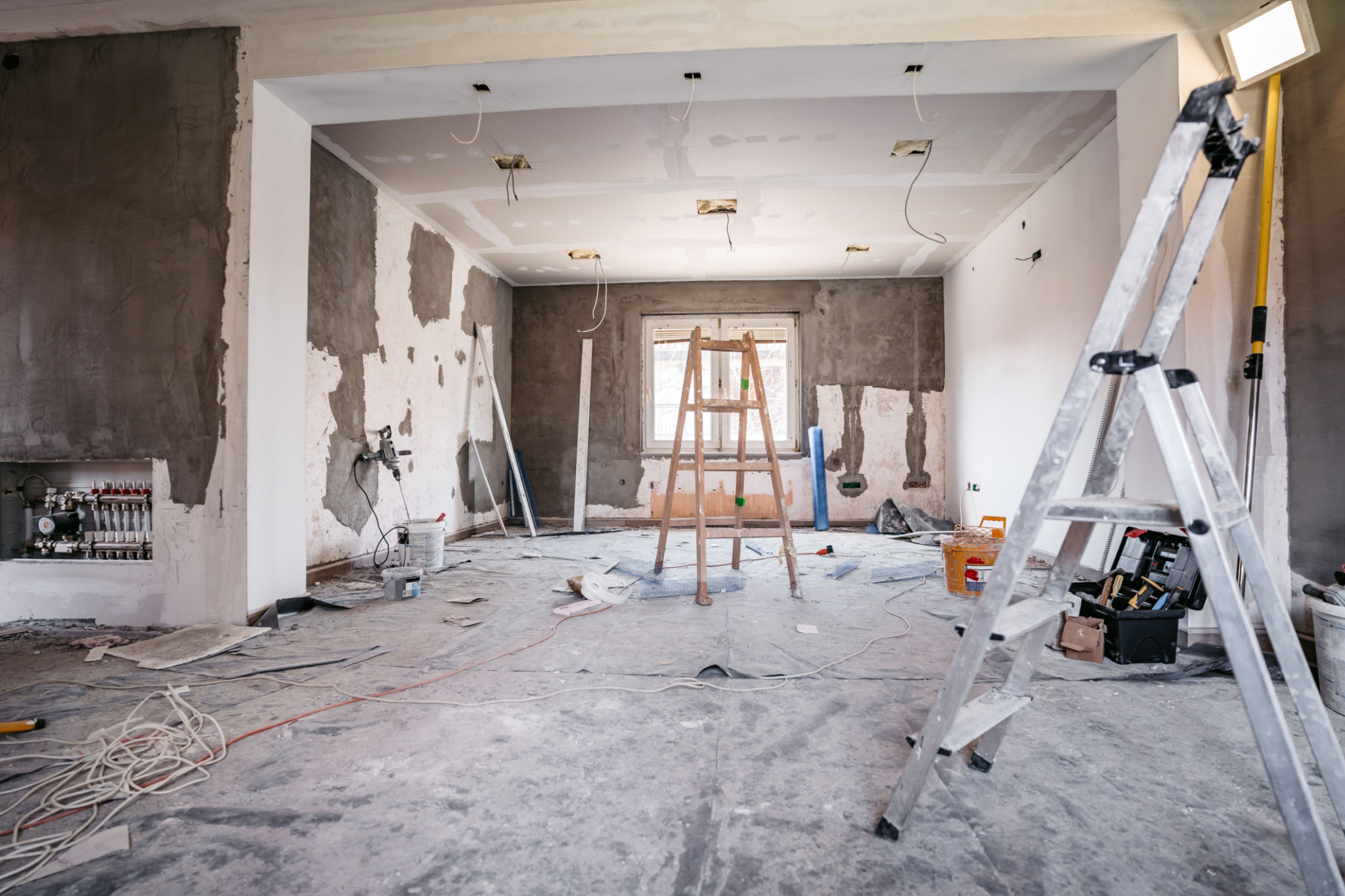How to Accurately Value Your House in Melbourne: Expert Tips
Valuing your house accurately is crucial, especially in a dynamic real estate market like Melbourne. Whether you're planning to sell, refinance, or simply curious about your property's worth, understanding the factors that influence your home's value can give you a significant advantage.
Understand the Melbourne Real Estate Market
Melbourne's property market is known for its diversity and vibrancy. From bustling city apartments to serene suburban homes, each area offers unique attributes that affect property values. It's essential to keep an eye on market trends and recent sales in your neighborhood to get a sense of how your property might be valued.
Pay attention to factors such as interest rates, economic conditions, and local development projects, as these can influence buyer demand and ultimately affect home prices. Subscribing to local real estate reports or consulting with property experts can provide valuable insights.

Consider Location and Neighborhood
The location of your property plays a significant role in its valuation. Proximity to amenities such as schools, parks, shopping centers, and public transportation can enhance your home's appeal and increase its market value. Additionally, neighborhoods with low crime rates and good reputations tend to attract more buyers.
If your home is situated in a sought-after area, it may command a higher price than similar properties in less desirable locations. Conversely, if the neighborhood is experiencing growth or regeneration, this could positively impact your property's future value.
Assess the Condition of Your Property
The overall condition of your home can significantly impact its valuation. A well-maintained property with modern fittings and updated infrastructure is likely to be valued higher than one in need of repairs or renovations. Conducting necessary repairs and maintaining the property's appearance can enhance its appeal to potential buyers.

Consider investing in small upgrades such as fresh paint, landscaping, or modern fixtures, which can offer a good return on investment. However, be cautious not to over-capitalize on renovations that may not significantly increase the property's value.
Utilize Professional Appraisals
Engaging a professional appraiser can provide an objective and accurate assessment of your property's value. Appraisers consider various factors, including recent sales of comparable properties, the condition of the home, and market trends to determine an accurate valuation.
While appraisals come at a cost, they offer peace of mind by ensuring you have a reliable valuation that can guide your financial decisions. This is especially important if you plan to sell or refinance your home.

Consult Real Estate Agents
Real estate agents possess valuable local knowledge and experience that can aid in accurately valuing your house. They can provide comparative market analysis (CMA), which compares your property to similar homes sold recently in your area. This information helps establish a competitive price point if you're considering selling.
Engage with multiple agents to gain diverse perspectives and ensure you have a well-rounded understanding of your property's potential value. Their expertise can also guide you through the selling process, maximizing your returns.
Stay Informed With Online Valuation Tools
Numerous online platforms offer free valuation estimates based on data-driven algorithms. These tools can provide a starting point for understanding your property's worth. However, it's important to remember that these estimates may not account for unique features or current market nuances.
While online tools are convenient, they should be used alongside professional advice for a comprehensive evaluation. Staying informed about your property's value empowers you to make educated financial decisions that align with your goals.
